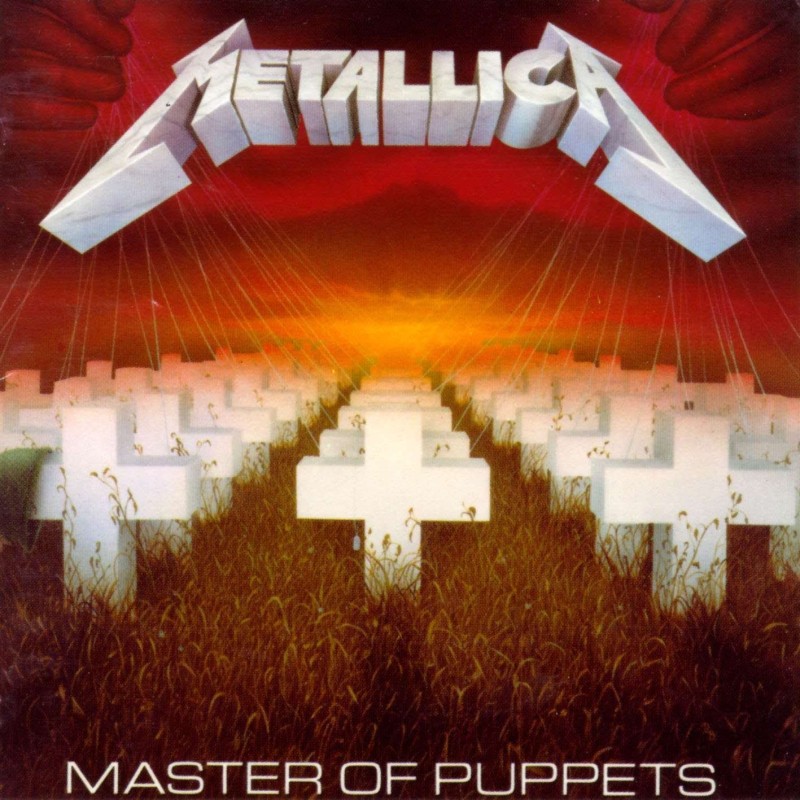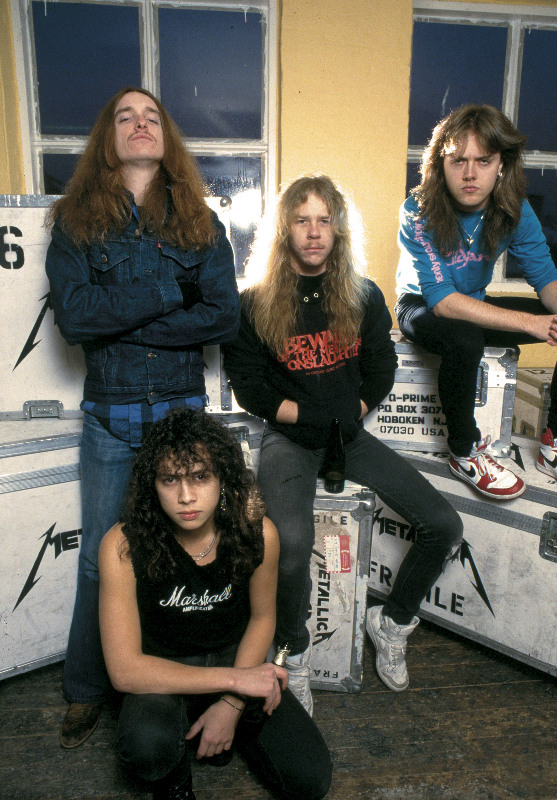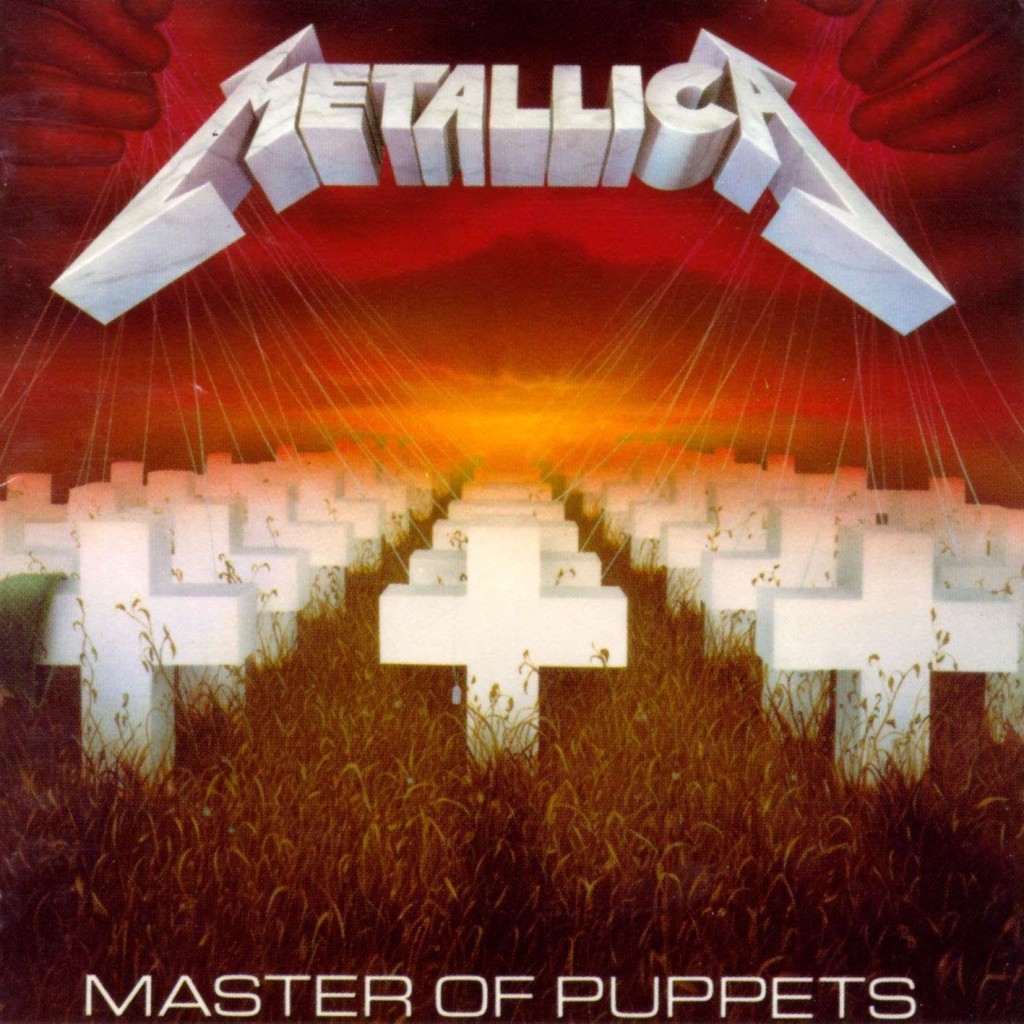
This week marks the 30th anniversary of Metallica‘s third album and 1986 masterpiece Master of Puppets. Released on the year I was born, the album remains a huge part of the soundtrack of my childhood, from the earliest days (the intro to “Battery” doubles up quite nicely as a lullaby) to later years (as a teenager I struggled to buy the album on CD, but it was banned because the cover featured a cemetery with *gasp* crosses).
Take a look back at one of the greatest metal albums of all time with these eight random facts:
- The album was their last featuring bassist Cliff Burton, who died later the same year in a bus crash in Sweden while the band was touring to support the album. He was only 24.

- Burton is credited with writing most of instrumental track “Orion”, which was originally titled “Only Thing”.
- Considered one of the most influential metal albums of all time, Master of Puppets also became the first thrash metal album to be certified platinum. And even though it was released without any accompanying music videos, and with limited radio attention, it sold half a million copies within the first year.
- The title track is Metallica’s most played live song.
- The album was written in just eight weeks, and the lyrics were all written by vocalist James Hetfield.
- The lyrics show Hetfield’s literary influences – “Welcome Home (Sanitarium)” is based on One Flew Over the Cuckoo’s Nest, and “The Thing That Should Not Be” was inspired by H.P. Lovecraft’s short story The Shadow Over Innsmouth.
- Most of the songs have themes of control and dominance. The title track is about drug addiction and helplessness. “Disposable Heroes” is about soldiers who are used as pawns during war. And “Leper Messiah” is about the power of televangelism and how people tend to follow religious leaders blindly, a theme that still resonates powerfully today.
- Metallica was influenced by some unlikely musicians while writing Master of Puppets. For example, the song title “Leper Messiah” is based on a lyric from David Bowie‘s “Ziggy Stardust”. And the bass intro to “Damage, Inc” is loosely based on part of Bach‘s “Come, Sweet Death”.
WE SAID THIS: Don’t miss last week’s For The Record: My Cairo Soundtrack



